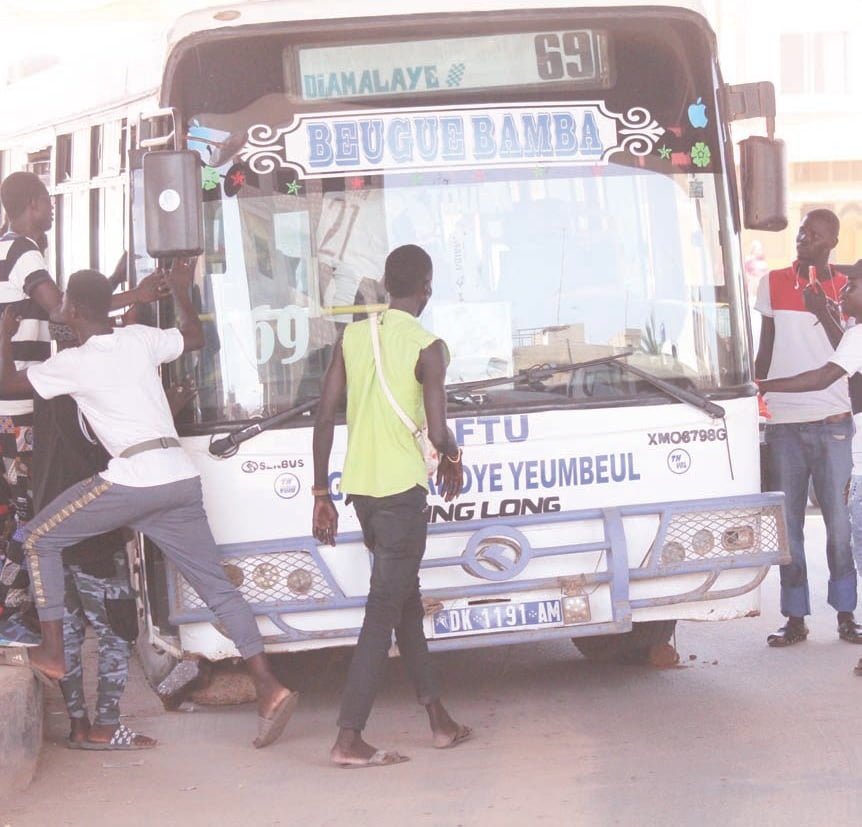
Barely a day has passed since the Aftu Workers’ Collective began a three-day strike and the consequences are already visible. Public transport users in Dakar were the first to feel the impact of this mood swing, with major disruptions in the Tata bus network run by the Association for the Financing of Urban Transport Professionals.The transport workers’ demands are legitimate, with demands for better working conditions, proper contracts, a wage increase and social security coverage. Demands that affect both their dignity and their well-being at work. Yet, users find themselves held hostage, forced to find other means of transport to get around, when they can afford it.However, just as there are victims of this strike, there are also beneficiaries. Drivers of “Ndiaga-Ndiaye”, “fast buses”, taxis and “Tiaktiak” are seeing their activity increase, with cars filling up faster and more often. For some, this strike is therefore a boon for their turnover. And for some users, like the young shopkeeper Mohamed Seck, this strike has no impact on their daily lives because other means of transport are more suitable for them.Beyond the situation of users and drivers, it is important to emphasize that the mood swing of Aftu workers is symptomatic of a problem that exists in many sectors in Senegal: difficult and often unregulated working conditions. This strike is an opportunity to highlight these problems and for the authorities and companies concerned to find sustainable solutions to improve working conditions.In conclusion, this strike by Aftu workers is an important reminder that workers have the right to demand better working conditions and that their actions have a direct impact on the daily lives of citizens. Let us hope that the legitimate demands of the workers will be heard and that measures will be taken to improve their situation, as well as that of the users
—-
Brought to you by Senegal English Media Group


